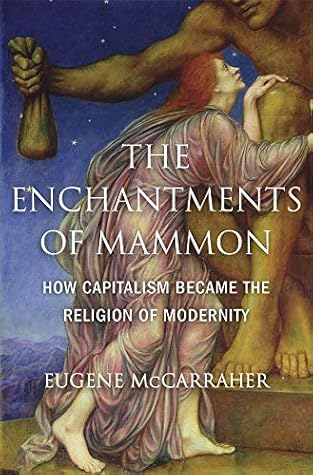In the countryside, a similar moral and theological economy prevailed: “the commons,” as it was called in England. “Commons” meant not only the common fields and forests of a manor but also the assignment to the whole community of power to determine property rights, the provision of subsistence, and the organization of labor.
Welcome back. Just a moment while we sign you in to your Goodreads account.


